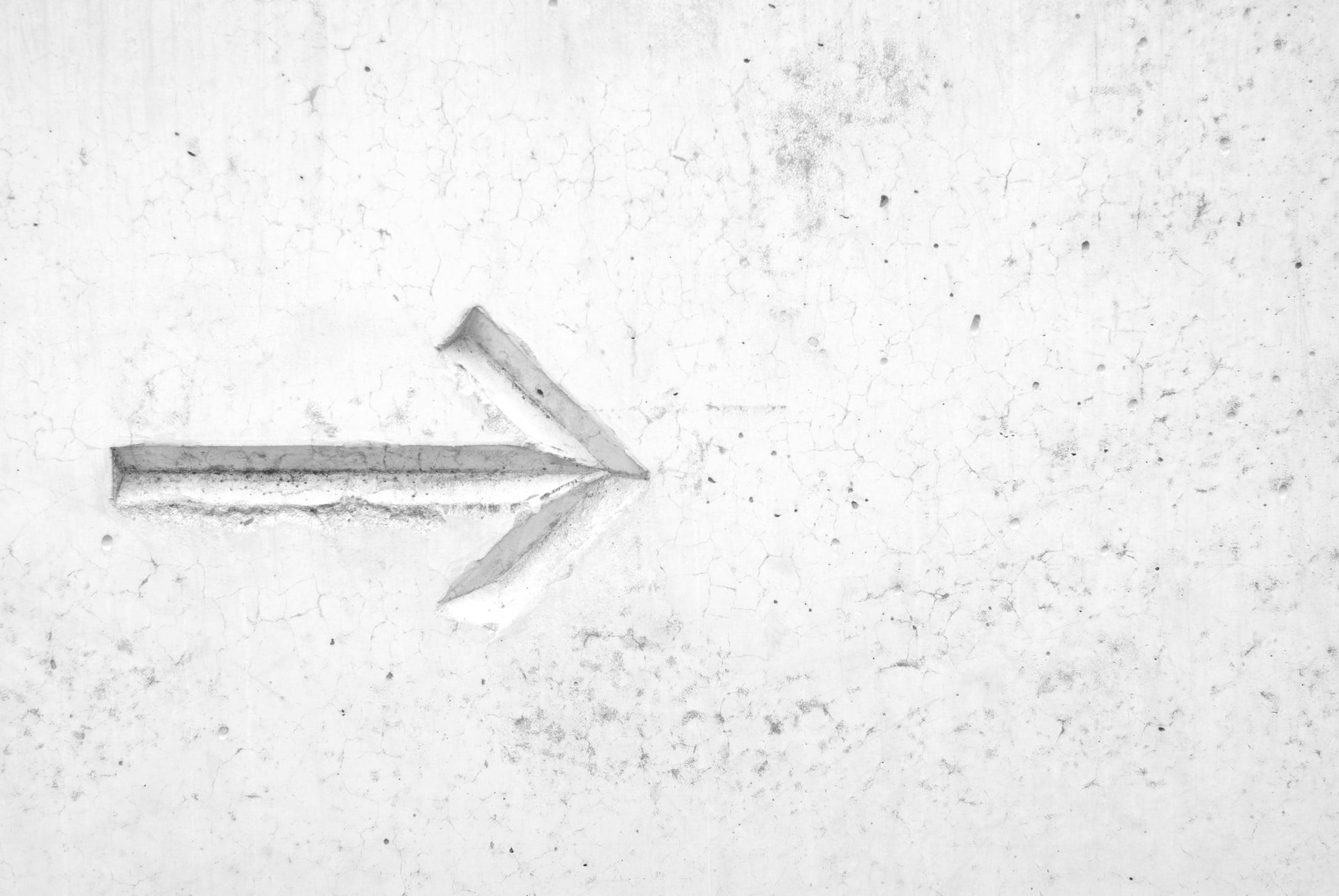When you are a digital nomad, you can often find yourself in a never-ending cycle of earning money, looking for a place to live, searching for places to have amazing culinary experiences, or seeking out networking opportunities.
Although this may seem fun at first, coping with this lifestyle can lead to serious mental problems, even impairing your brain’s ability to function properly.
A person seeking to earn money while living a nomadic lifestyle wants their brain to be functioning at its peak. However, many people struggle to perform at peak levels. Often, these conditions are caused by brain-damaging habits that are not readily apparent at first.
As part of this article, we look at 7 such habits, so you can get a better idea of what changes you can make in your daily life to perform at your best.
1. Lack of Proper Sleep

Getting enough sleep is a difficult task and many digital nomads have a hard time establishing their sleep routine. Study findings suggest that sleep loss impairs the ability to sustain attention over time beyond the ability to focus at any particular moment.
Realizing how crucial sleep is to your health, productivity, and creativity is the first step towards establishing a better sleep pattern.
It is common for working humans to try to prioritize getting things done as fast as possible while also allowing time for personal matters, fitness, etc. In most cases, this means sacrificing proper sleep for these activities.
Switching priorities will bring a positive impact on your brain and your overall health.
Take the time to understand your sleeping habits and how they affect your life, if you haven’t already, so that you can take more control. There are some valuable resources on sleep that you can check out, including the Sleep Foundation website, The Sleep Revolution by Arianna Huffington, and Peak Performance by Brad Stulberg and Steve Magness.
2. Not Getting Enough Hydration

There is a piece of advice that many people take for granted, but it is definitely one that you should incorporate into your daily life. In addition to maintaining your overall health, staying hydrated is vital to healthy brain function.
Several hours of intense activity in the heat without drinking fluids or eating can adversely affect concentration, according to a study from the Georgia Institute of Technology in Atlanta.
Most affected were dehydrated people who took tests requiring attention to detail or monotonous tests.
Furthermore, activities such as complex problem-solving, coordination, and attention were negatively affected, whereas activities involving quick reactions were less so.
Since hydration is crucial to sustaining your bodily functions, paying attention to whether you drink enough liquids and taking action if you aren’t doing it properly is the best thing you can do as soon as possible.
However, studies suggest that drinking too much water can cause the body to dilute. This can lead to other health problems such as swelling of the brain or even seizures.
When you experience confusion or dizziness, it might indicate that your body needs to balance its liquid levels. To stay hydrated and healthy, it’s imperative to take proactive steps, especially when it comes to preventing heat-related injuries.
3. Staying on a Hectic Diet and Eating Too Much Sugar

Diet has long-term effects on people. From conception until old age, diets not only shape the body but also the brain.
There is a link between poor diet and a variety of health problems, including obesity, cardiovascular disease, diabetes, and certain types of cancer. Furthermore, diet affects the brain as well and may increase the risk of mental disorders and neurodegenerative diseases.
Your brain requires constant fuel, especially if you are exposed to high levels of stress. Your brain runs on the fuel you eat throughout the day – and what’s in it makes all the difference. Giving it processed foods will only cause damage while leaning on clean products should help the brain function at its peak.
As a digital nomad particularly, sometimes you might find it difficult to be constant with your eating habits. It might be that you have a hectic schedule, or you might want to try all types of foods while traveling.
One of the biggest challenges that digital nomads are confronted with when it comes to their diets is sugar. Sugar consumption has been linked with impaired brain function, specifically learning and memory. Sugar can cause excess insulin to be produced, damaging the brain’s ability to communicate.
Therefore, you may benefit from cutting your sugar intake if you want to do deep, distraction-free work that will allow you to produce your best with the least amount of time wasted.
To balance your energy levels healthily, you should start replacing certain processed foods and drinks, including those higher in sugar. Fruits and vegetables, yogurt, seeds, nuts, as well as spices like turmeric, are all great alternatives.
You might also benefit from switching to dark chocolate or snacks containing cocoa powder, as these foods contain flavonoids, caffeine, and antioxidants that will enhance your brain function.
4. Misguided Activity: Channeling Your Energy in the Wrong Direction

Oftentimes, concentrating on work leaves the body and the brain with little energy for anything else. It’s not uncommon for digital nomads to forget to pay attention to their real needs. These include both mental and physical needs.
What you could do? Move your body in the right direction.
What does all that even mean? It involves becoming aware of your current mental state and providing it with the support it needs to achieve its full potential.
You could, for example, slow down your rhythm a bit and practice some meditation, or simply sit quietly and focus on your breath if you are overly stressed or anxious. On the other hand, if you feel as though you need some energy, you can try an exercise that will help you align your energy flow.
There are many ways in which you can move in the right direction, and as a digital nomad, that should come as natural once you have a hang of it.
Yoga, for instance, is an effective way to promote both your physical and mental wellbeing. Meditation and breathing are key components of the yoga practice for supporting the brain and getting it back in balance to be productive.
Yoga can be a great introduction to meditation if you don’t already have one, because it combines meditation with movement, which clarifies the mind more quickly. As a digital nomad, you will find it easier to practice this than other exercises that require specific tools or environments.
5. Exposure to Content Overload

Getting your brain overwhelmed with information is one of the worst things you can do to it.
Today, exposing yourself to constant information and engaging in as many activities as possible all at once is seen as being high functioning. But that’s not the case. Essentially, what you are doing is exposing yourself to distraction instead of concentrating deeply on a single task.
Getting distracted by loud music, engaging in conversations while working, spending too much time on social media platforms, can also impair your cognitive function. Plan how you will do these things in moderation at least and limit the time you spend doing them.
As a digital nomad especially, you may find yourself in situations where you want to remain socially connected to the world. There are times, however, when all you need is stillness to re-align your mind, body, and spirit to perform at their best.
Alternatively, you can try to focus on the essentials and properly prioritize your life. The fear of not finishing that to-do list is the driving force behind multitasking behavior. You may find it easier to complete that to-do list if you take the activities one at a time.
6. Doing Shallow Work

If you do tasks that are not cognitively intensive and offer little value, you are doing shallow work. In fact, most of the “work” that takes place is just this type of shallow work. The most common activities include responding to emails, scanning websites, and checking social media.
Performing shallow work is associated with content overload, as previously explained. If you allow yourself to fill the time with small activities that aren’t that significant at that time, your brain will be very distracted. Consequently, causing you to lose focus on what you need to do in reality.
Rather than doing shallow work, focus on deep work instead.
Deep work relates to mental depth and has nothing to do with elevation. An ability to focus for a long period in a highly focused or “deep” state is what this refers to.
Cal Newport, an associate professor of computer science at Georgetown University introduced the term deep work as “the ability to perform deep work is becoming increasingly rare at the same time it is becoming increasingly valuable in our economy. As a consequence, the few who cultivate this skill, and then make it the core of their working life, will thrive.”
Introducing mindfulness into your daily routine is one of the easiest ways to start practicing deep work. By doing so, your mind will be clear enough to enter a deep state of concentration. While you are still performing a certain task, you can still practice mindfulness. While you jog, clean, drive, or take a shower, instead of listening to music or a podcast, think more deeply about the job at hand to gain clarity.
7. Not Taking Proper Time-Off

Vacations, when possible, are very important to keep our minds stimulated and invigorated with new ideas. More than that, short breaks are also extremely beneficial.
Having the same agenda every day, and working in the same place, leaves many people feeling stuck, whereas digital nomads have an advantage by often working remotely.
It is undeniable that this advantage needs to be fully exploited.
The main benefit of being a digital nomad can’t be fully realized if you are doing the same thing for eight to ten hours every day. That should not be your situation. In addition to giving you more inspiration at work, taking a break can also increase your enthusiasm for travel.
Furthermore, make time for yourself to have an enjoyable vacation.
If you are constantly traveling, you shouldn’t feel guilty for thinking that you are already having too much fun. Even as a digital nomad, there is stress involved, sometimes even more than those making a living working a standard 9 to 5 job.
The effects of chronic stress and fatigue make it difficult to keep our focus and do our best. When working without breaks for extended periods, it becomes harder to devote deep focus to our work. We might be hardworking, but that doesn’t mean we are working effectively.
Most digital nomads aim to be productive by taking regular vacations to improve their focus, thereby working better in less time and increasing productivity.
The best thing you can do for your brain, as well as your body and soul, is to explore the world differently while you give yourself time to bring clarity and new inspiration.
The Verdict
Digital nomads are enabled by new technologies, but we still face the dangers of overexposure to the benefits of such a lifestyle. To sustain ourselves, our brain is our most valuable tool.
Changing these 7 brain-damaging habits can lead to a substantial improvement in one’s life. Most importantly, one must be consistent in avoiding such habits and replacing them with healthier ones.










